- Your cart is empty
- Continue Shopping
Are you looking to:
Optimize tissue specificity and serotype tropism?
Enhance gene expression levels and tissue specificity?
Discover novel therapeutic targets through gene editing?
Packgene’s comprehensive AAV library design services are tailored to address your specific research needs.
Our AAV Library Design Expertise
Capsid Library Design
Gene of Interested (GOI) Library Design
Gene Editing Libraries
Generate diverse AAV serotypes for targeted gene delivery using techniques like DNA shuffling.
Our capsid library design focuses on helping you find AAV serotypes to optimise for the enhancement of tissue specificity and efficiency of gene delivery (serotype tropism). This can help you minimise the risk of off-target effects and bypass innate immune responses in gene therapy applications.
Optimize gene expression and tissue specificity through promoter engineering.
Our Gene of Interest (GOI) library ensures that your therapeutic genes are expressed at the right levels in the desired tissue.
Design custom CRISPR libraries for high throughput screening to achieve precise gene editing and functional genomics. Identify critical genes and pathways involved in various diseases and uncover potential therapeutic targets.
Our libraries include custom CRISPR sgRNA libraries, CRISPR activation libraries, CRISPRi libraries, CRISPR knockout libraries and shRNA libraries for:
- Gene function screening
- Gene knockdown studies
- Disease modeling
- Drug Target Discovery
- Cancer Research
Our Library Design Capabilities
1. Random Peptide Library

Create libraries with diverse peptide sequences for exploring protein function and interaction.
How do we do it?
Up to 20 amino acids at each site with the random peptide insertion. Combinatorial mutation throughout the peptide insertion.
2. DNA Shuffling Library
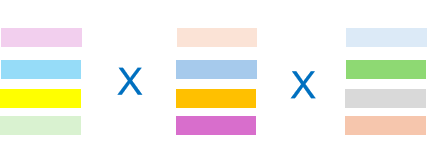
Generate combinatorial libraries to optimize protein properties.
How do we do it?
Pre-synthesized gene library ligate together to create a combinatorial gene shuffling library. This will generate ~100 ready-to-use capsid genes.
3. Precision Library

Design libraries with precise mutations at specific sites.
How do we do it?
A short precision oligo pool that encodes gRNA library or other predesigned sequence insert into the vector. Each variant sequence can be predefined and precisely synthesized
4. Barcoded Library

Track individual cells and their genetic modifications.
How do we do it?
Your variant will be labelled with a barcode that is adjacent or distant from the variable region. The barcode will enable easy variant identification by NGS or track cell lineage.
5. Site Saturation Library and Saturation Scanning Library
Explore the functional impact of amino acid substitutions.
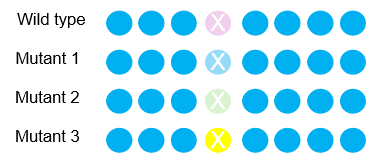
How do we do it?
Up to 20 amino acids at single sites with 1 amino acid change per variant
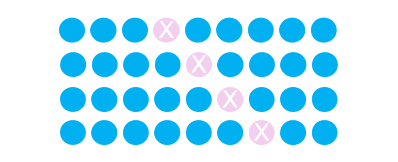
How do we do it?
Up to 20 amino acids at a series of sites that you choose with 1 amino acid change per variant
6. Combinatorial Mutant Library
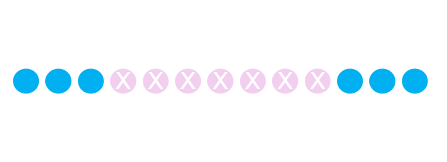
Generate libraries with multiple mutations to identify synergistic effects.
How do we do it?
You define the amino acid or nucleotide components and position; we generate the library from the template. Multiple mutations per variant in a combinatorial way.
Our commitment to Quality
High Library Coverage
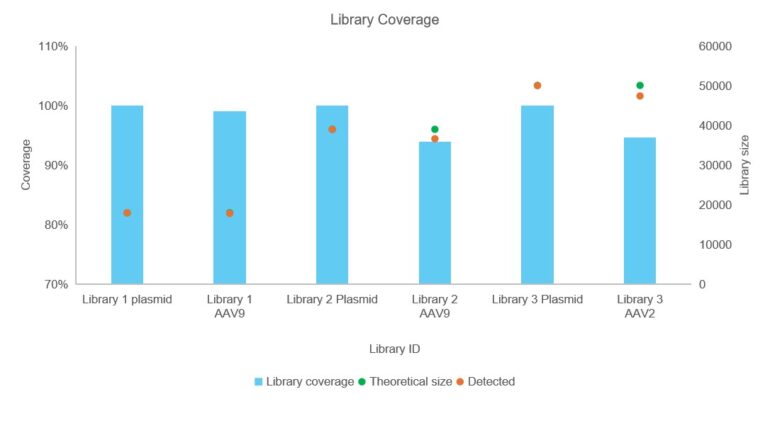
Ensure comprehensive coverage of the desired sequence space.
Exceptional Library Uniformity
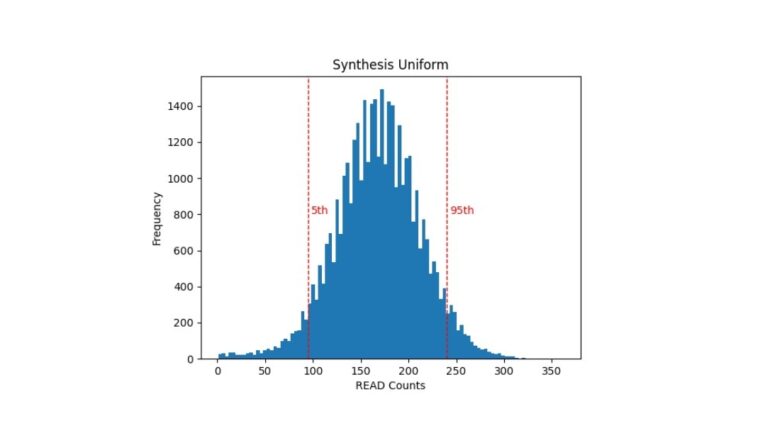
Minimize bias and maximize the effectiveness of your screening experiments.
Low Mispackaging Rates
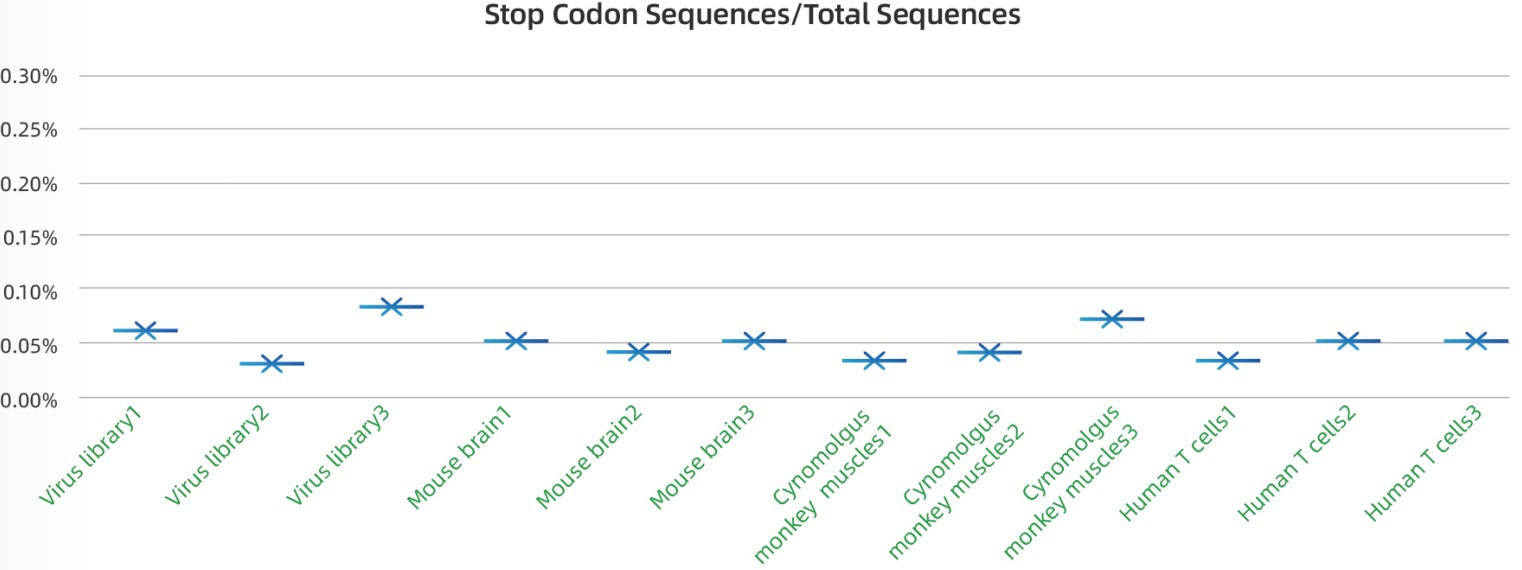
Our advanced AAV packaging protocols minimize the risk of incorrect packaging, ensuring accurate and reliable results.
Screening Results
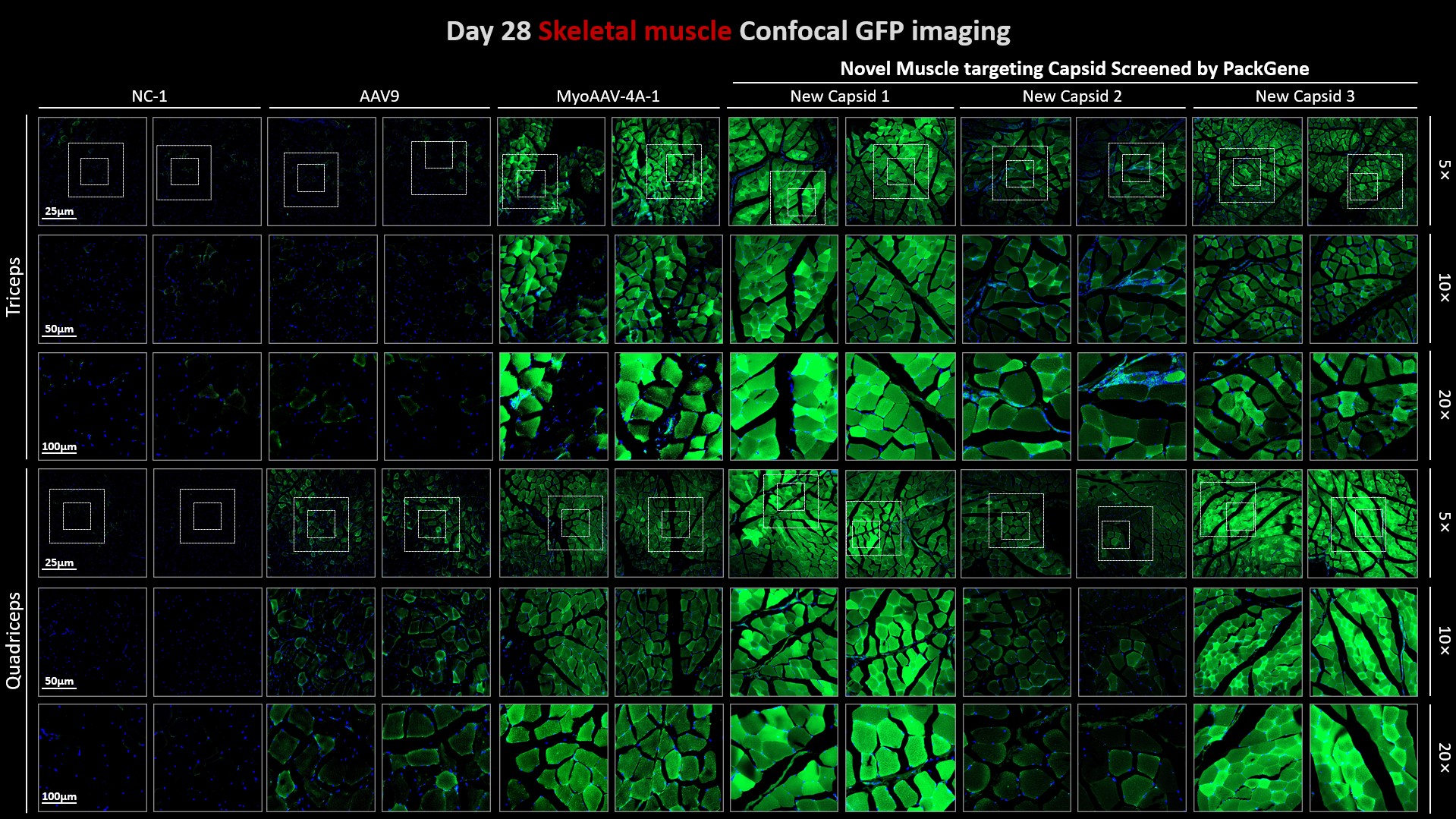
Want To Inquire About The Services?
Contact Us

THE ATLANTIS BIOSCIENCE DIFFERENCE Discover Translational Solutions To Advance From Bench to Bed
GET SUPPORT Whenever You Need It

QUESTIONS IN YOUR MIND?
Connect With Our Technical Specialist.

KNOW WHAT YOU WANT?
Request For A Quotaiton





